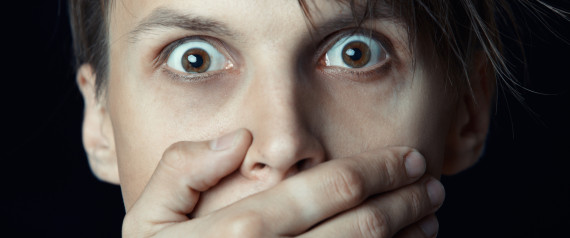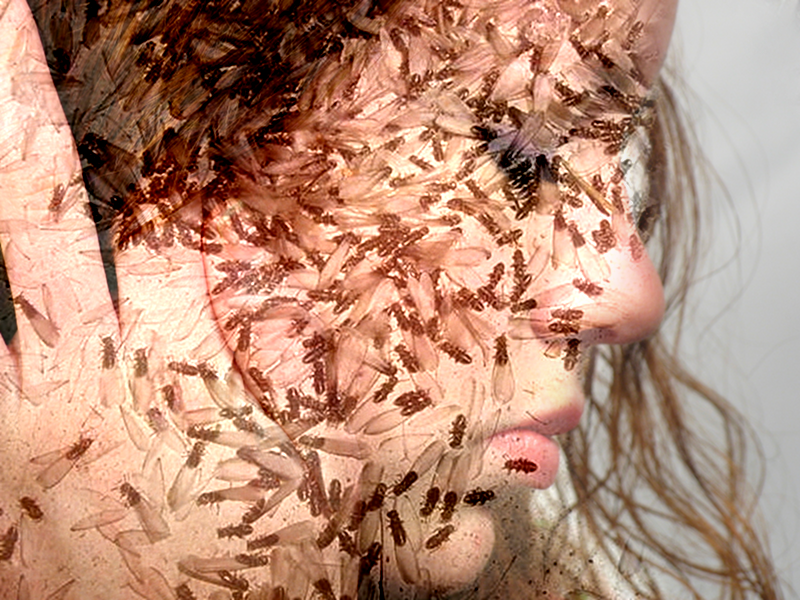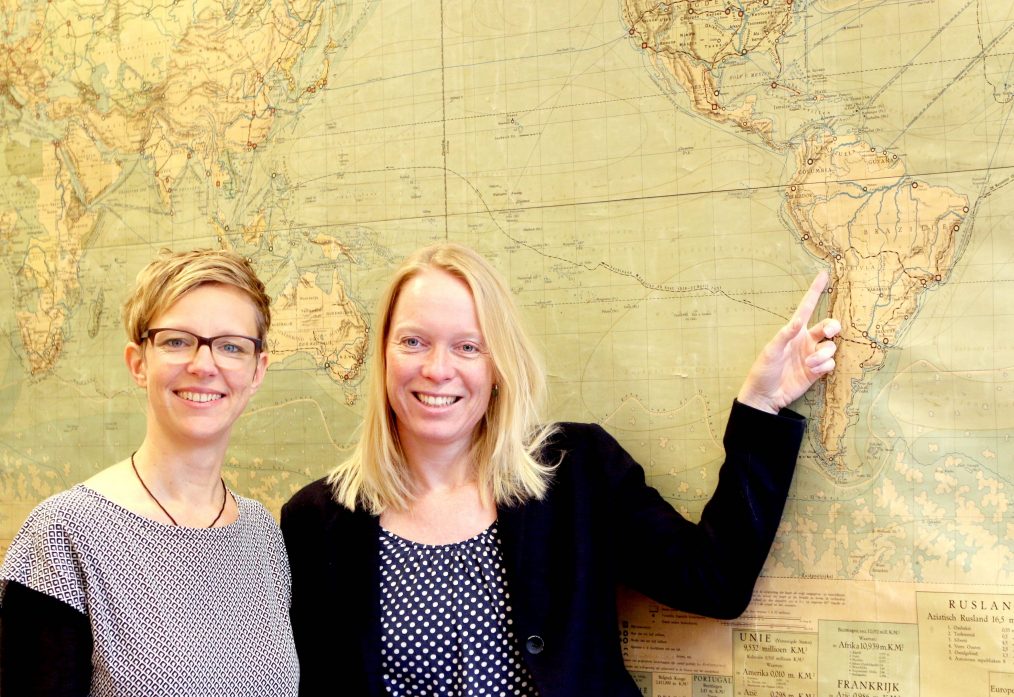Uncertainty is an ever-present part of life. It prevents us from being able to predict what will happen to us. Some people experience this uncertainty as extremely aversive, which can fuel the development of anxiety. Mindfulness may help, by means of learning to accept uncertainty and live with it.
Imagine that you are a primary care doctor. A young woman comes to see you because she worries constantly about everything, from her health to her studies to the state of the world. At night, she often lies awake for hours, worrying. Because she is having difficulty concentrating, she has failed some of her classes […]
Detached from its original adaptive function, disgust can be experienced in response to one’s body fat and other bodily aspects. Facilitated by a prevailing objectification of female bodies in today’s society, the experience of disgust towards one’s own body may help to understand why body image disturbances are so persistent.
Scientists are making new efforts to pool their neuroimaging data. Currently, structural and functional data of approximately 3,000 people diagnosed with PTSD, acquired in many different labs around the globe, are being analyzed conjointly. Will this produce more valid results on alterations? in brain structure and brain function?
Last year I wrote a blog post on Blue Monday, an international day which serves to raise awareness for depression. This year, Blue Monday was on January 15. The week before, on January 9, the Dutch Ministry of Public Health started a national campaign with the aim of making it easier to talk about depression, […]
How does the experience of trauma impact women’s empowerment and economic participation over time? Social and clinical psychologists join efforts to follow the development of Bolivian girls over the next ten years.
Many women of reproductive age use a hormonal method of birth control, often referred to as “the pill”. While pill use is often ignored when analyzing psychological data, the effects of its hormones on the brain and mind may confound conclusions drawn from such data.
Around 20% of the Dutch experience an anxiety disorder such as a specific or social phobia in their lifetime, and half of them develop their phobia before the age of 18. So why not start facing our fears at the time we develop our phobia instead of waiting until things get scarier and scarier?
This post introduces a study by Minita Franzen, who examines social encounters of teenagers. How do teenagers experience their encounters with others, how do they behave and feel during such encounters, and how are they affected by them in the short and long term?
Donald Trump’s ‘covfefe’ tweet has invited ridicule and raised some serious questions (such as ‘what was he thinking?’). However, the most important question has so far remained unasked: can his mistyped tweet be called ‘creative’?










